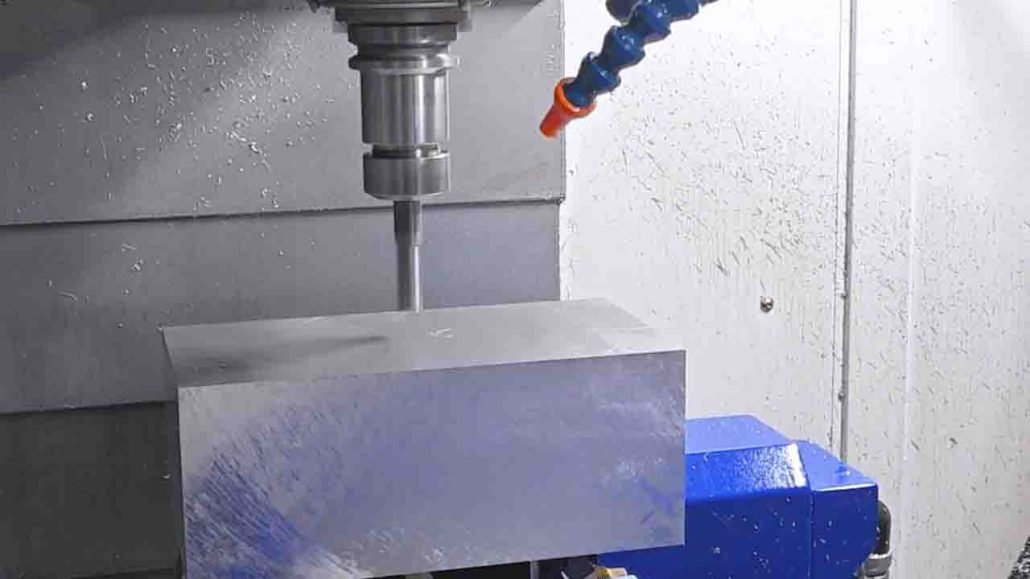CNC machining is a process that uses computerized tools to control and automate the manufacturing of components. This technology has revolutionized the manufacturing industry, making it possible to produce complex and precise parts at a faster rate and with greater accuracy. In this article, we will delve deeper into the fundamentals of CNC machining and explore its various applications in different industries.
Fundamentals of CNC Machining
CNC machining involves the use of computer software to control the movement of cutting tools. The software generates a set of instructions that are sent to the CNC machine, which then executes those instructions to produce the desired component. The CNC machine can move the cutting tool in any direction and at any angle, allowing for precise control of the manufacturing process.

One of the key advantages of CNC machining services is its ability to produce complex and intricate parts with a high level of accuracy. This makes it an ideal choice for manufacturing components with tight tolerances or intricate shapes that would be difficult or impossible to produce using traditional machining methods.
The CNC machine is programmed with the specifications of the component, including the dimensions, materials, and required tolerances. The software then generates a tool path that outlines the cutting path for the CNC machine. The machine then follows this tool path, cutting the material to the desired shape and size.
CNC machines can be used to manufacture a wide range of components, including parts for the aerospace, automotive, and medical industries. They can also be used to produce complex components that would be difficult or impossible to manufacture using traditional machining methods.
Applications of CNC Machining
CNC machining has numerous applications across various industries. Let’s take a closer look at some of the most common applications of CNC machining.
Aerospace Industry
The aerospace industry relies heavily on CNC machining to manufacture components for aircraft and spacecraft. CNC machines are used to produce components such as turbine blades, engine parts, and structural components. The precision and accuracy of CNC machining make it an ideal choice for the aerospace industry, where safety and reliability are of utmost importance.
In addition, CNC machining allows for the production of lightweight components that are essential for the aerospace industry. The use of lightweight materials such as titanium and aluminum, combined with the precision of CNC machining, allows for the production of components that are both strong and lightweight.
Automotive Industry
The automotive industry also makes extensive use of CNC machining. CNC machines are used to produce components such as engine blocks, transmission parts, and suspension components. The use of CNC machining in the automotive industry has led to faster production times and improved quality control.

In addition, CNC machining allows for the production of components with complex shapes and designs that would be difficult or impossible to produce using traditional machining methods. This has led to the development of innovative automotive designs that were previously unattainable.
Medical Industry
The medical industry also benefits from the precision and accuracy of CNC machining. CNC machines are used to manufacture components such as surgical instruments, implants, and prosthetics. The ability to produce complex and precise components makes CNC machining an ideal choice for the medical industry.
In addition, CNC machining allows for the production of customized medical components that are tailored to the specific needs of individual patients. This has led to significant advancements in medical technology, particularly in the field of prosthetics.
Conclusion
CNC machining has revolutionized the manufacturing industry, allowing for the production of complex and precise components at a faster rate and with greater accuracy. The technology has numerous applications across various industries, including the aerospace, automotive, and medical industries.
As technology continues to evolve, CNC machining will undoubtedly play an increasingly important role in the manufacturing industry. With the ability to produce complex and intricate components with a high level of accuracy, CNC milling machining is poised to become the go-to manufacturing method for a wide range of industries.

